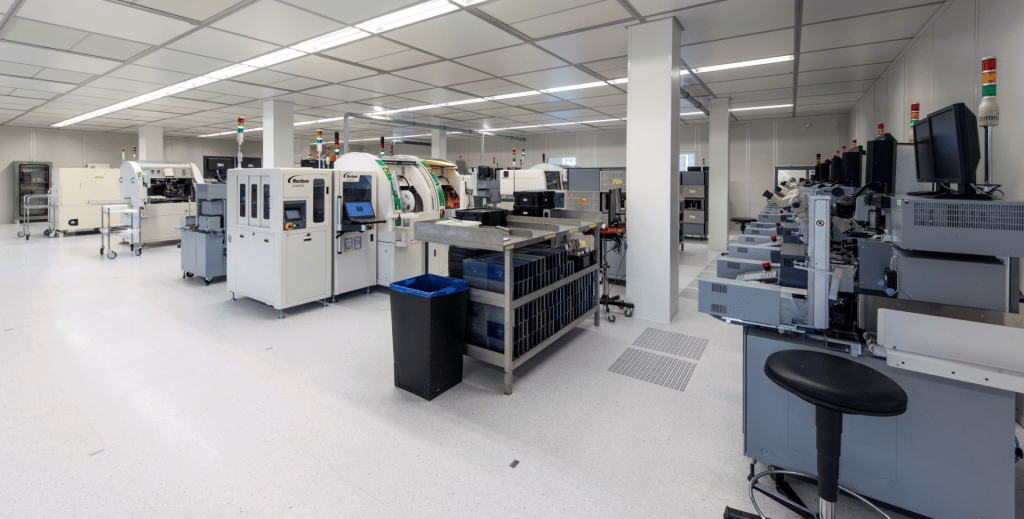The European Universities Initiative facilitates the exchange of education, research and employment, which allows the transfer of education, research and employment. The programme, hopefully, will improve the European position in brain research and engineering to solve future problems in society.
With this collaboration, hopefully, students, scientists and staff will gain:
- International experiences
- Benefit from the experts in various universities
- Improve education
- Smoother in the cooperation across the lab in research.
Cooperation between universities
The series of European Universities come from the European Commission. The idea is to bring the education in Europe to be competitive, future-proof and creating international cooperation between universities, research institutes and companies in the field of science that guarantees high-quality education and research.
Partner universities are Oxford University, University of Bonn, Karolinska Institutet, Miguel Hernández University, Boğaziçi University, UMF Cluj-Napoca and University of Debrecen. In addition to the eight universities involved, more than 250 European research institutes, (non-)governmental organizations and companies stepped in. Brain scientists from the Donders Institute for Brain, Cognition and Behaviour (Radboud University) took the initiative for the far-reaching international cooperation.
Brain disease research
Brain disease and disorders are causing disability and significant burden on society. The urgency of the research is necessary seeing the increase in growth of senior population and with the brain-related disease accounts for almost a quarter of all health problems.
The alliance will focus on neurosciences and technology development as the first goal. In the future, they want to expand its focus across disciplines to optimise the potential in education, research, innovation and creativity in Europe.
Tansu Celikel, chair of the Donders Institute and Professor of Neurophysiology at Radboud University said, "The new European University will actively work to cherish diversity and promote a common European identity among students and researchers with multicultural, multilingual, international and intersectoral experiences across the European continent". Thus this collaboration will have a broader scope of impact beyond education and research.
Daniël Wigboldus, president of the Executive Board of Radboud University, mentioned that "We are enthusiastic about the alliance together with seven excellent partners from all regions of Europe and are committed to long-term cooperation in the field of education and research, starting with brain and technology."
This article is adapted from
Radboud University News.

